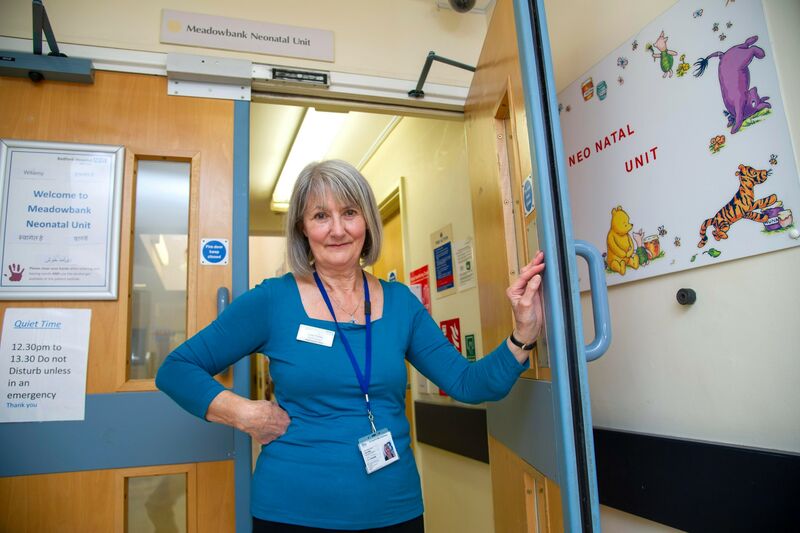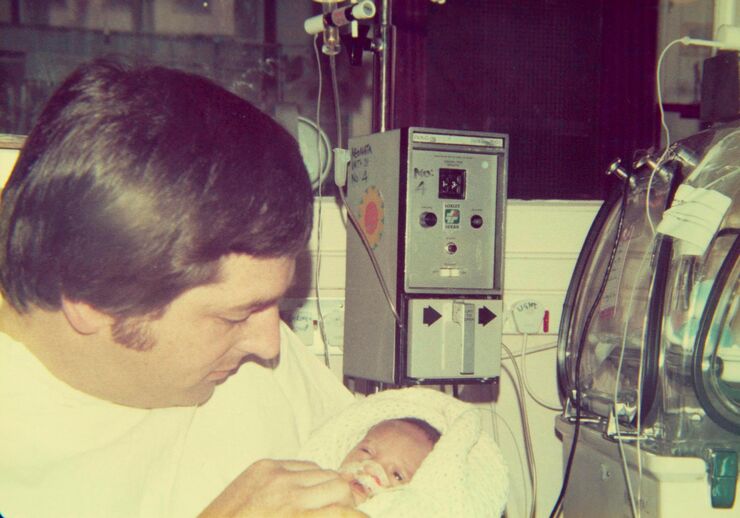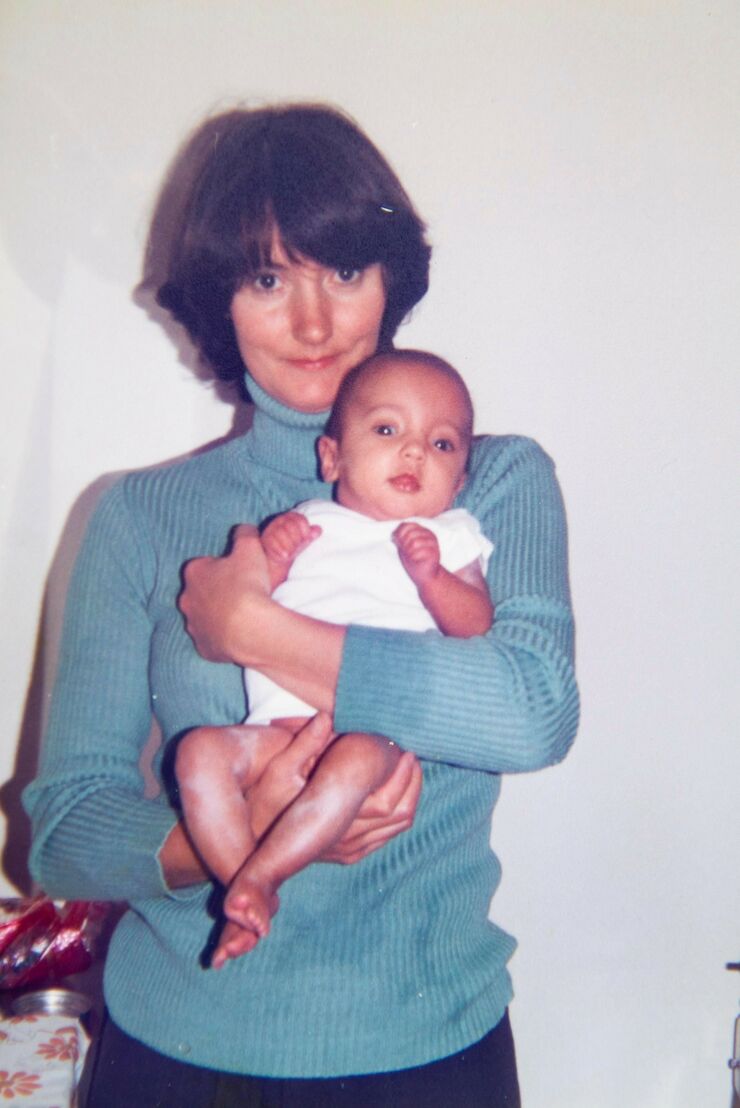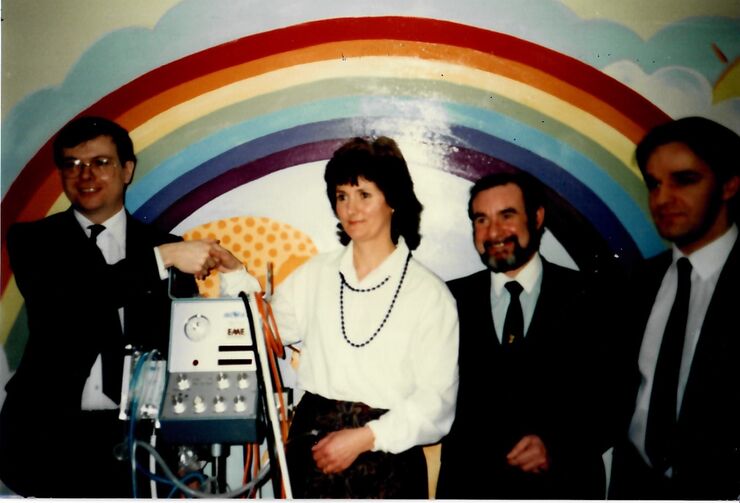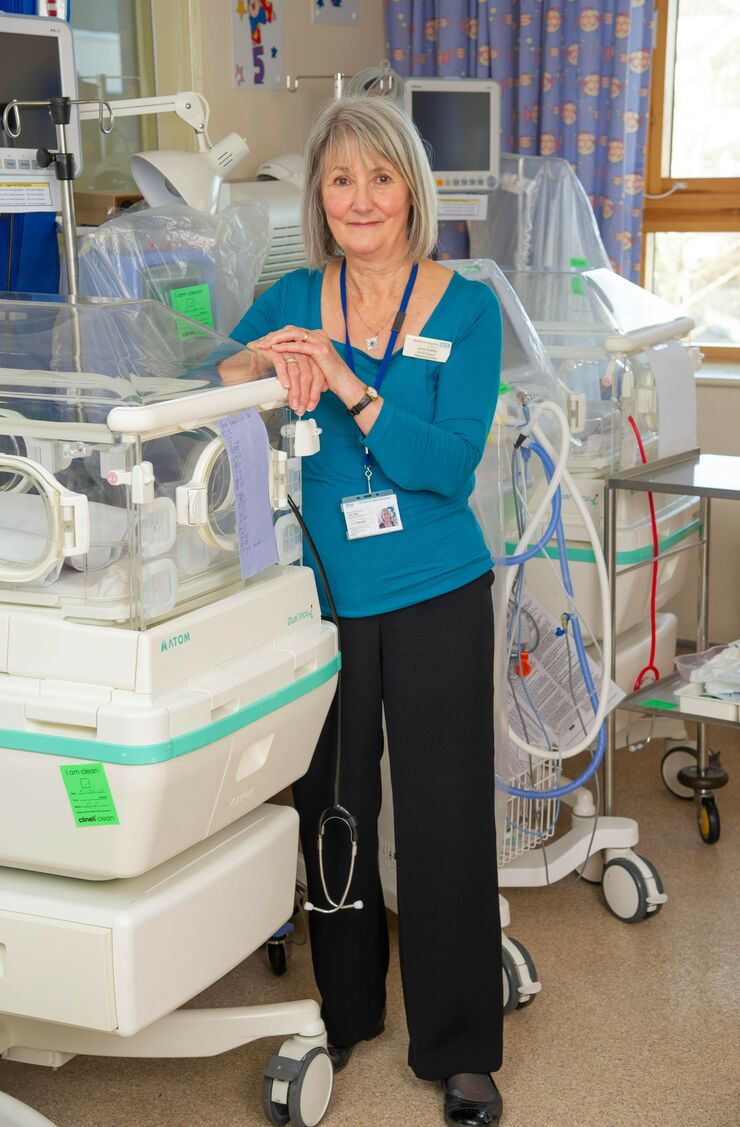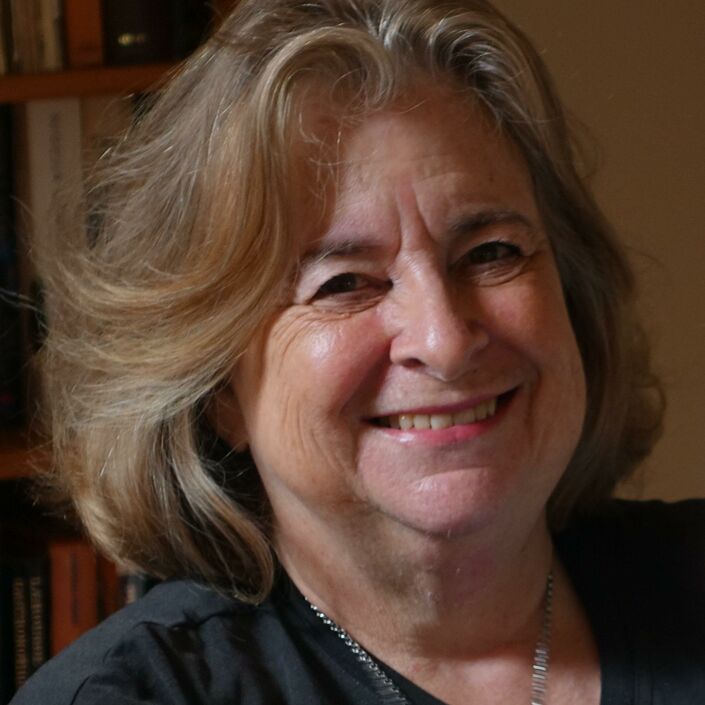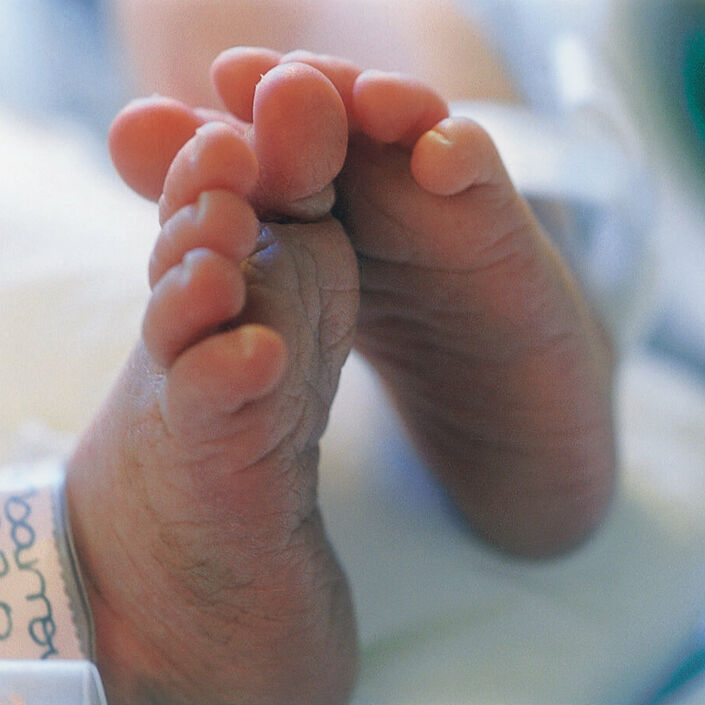I first read about this brand-new, grass-roots led charity Baby Life Support Systems (Bliss) in the Daily Telegraph in 1979.
At the time there were no other neonatal charities and what stood out for me was that the parents who had set up the charity were being advised by Professor Osmond Reynolds. Professor Reynolds, a pioneer in neonatology, had cared for my daughter Emma when she was born at 32 weeks at University College Hospital in London.
Emma was my second premature baby. My son Nick had been born at 36 weeks at a hospital in Cambridgeshire because of Rhesus Incompatibility – a condition which develops when a woman has Rh-negative blood and her baby has Rh-positive blood. This meant that my body reacted to the baby's blood as a foreign substance, causing complications in both pregnancies and meaning both Nick and Emma had to be delivered early to save their lives.
My experience at the hospital where I delivered Nick was not a good one. I wasn’t allowed to go to visit him at first. The day after his birth, I went to the neonatal unit on my own and passed through rows of incubators. I eventually found a nurse and asked where my baby was and realised that I’d walked right past him, I still get upset when I think about this today. I found the staff to be unwelcoming and I was not kept informed about his condition in between visits.
In 1972, women had to stay in the hospital for a week after giving birth but because I was not able to care for my son and was worried about him I felt very unhappy. I asked to be discharged because my eldest daughter who was only 19 months old was showing signs of distress at being separated from me, although she was being looked after very well by my husband and my mother. The hospital refused. Fortunately my son was discharged with me after one week but had regular checks back at the hospital.
